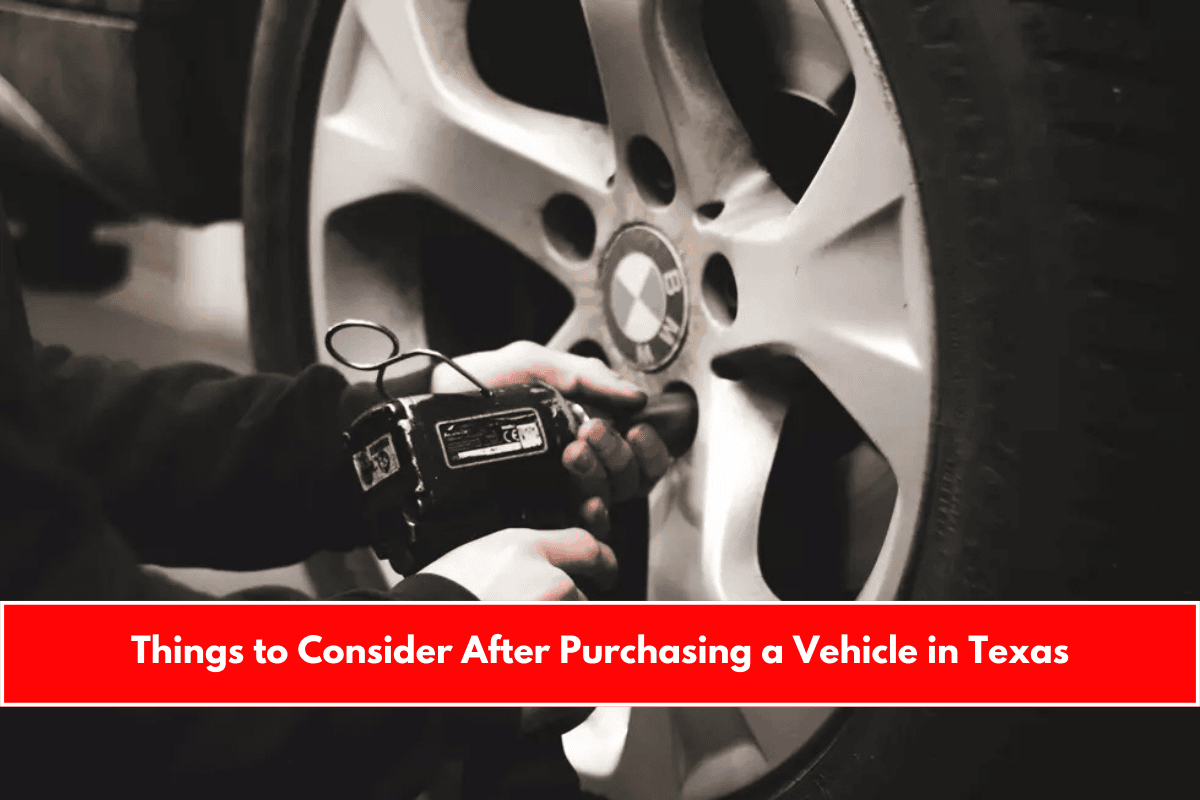Buying a new car can be exciting, but it also comes with a lot of confusing steps. If you recently purchased a vehicle in Texas and are wondering when you’ll get your permanent plates or how to check your registration status, you’re not alone.
Many people face delays or don’t know what to expect. Luckily, the Texas DMV has answered some of the most common questions to help make things easier.
When Will I Get My Permanent License Plates and Title?
If it’s been more than 30 days since you bought your car and you still haven’t received your metal license plates or the vehicle title, here’s what you need to know:
- Dealers have 30 days to process and send your registration and title.
- If you financed the car, they get up to 45 days.
If your dealer takes longer than that, you can file a complaint with the Texas DMV. They will investigate and help resolve the issue.
Bought a car without a title? You can apply for a Bonded Title by submitting a form and a $15 fee to the DMV. They’ll help you get legal ownership.
If your title is lost or never arrived, don’t panic. You can request a Certified Copy of Title by mail, and it only costs $2.
How Can I Check My Car’s Registration Status?
Wondering if your car is registered properly? You can check the status anytime using the “Where’s My Sticker” tool on the Texas DMV website.
To register your vehicle, you’ll need a Vehicle Identification Number (VIN). If your vehicle doesn’t have a VIN, you must go through the VIN Assignment process, also explained on the DMV site.
What Are the Steps to Renew My Car Registration in Texas?
Before renewing your car registration, you must pass a vehicle inspection in your home county. If your county requires it, you’ll also need to pass an emissions test.
Here’s how to renew your registration:
Option 1: Online
- Go to the Texas by Texas website, follow the steps, and pay the required fee online.
Option 2: In-Person
Visit your local county tax office and bring these documents:
- Your VIN or license plate number
- A valid driver’s license
- Proof of car insurance
- Proof of inspection/emissions test passed
Keep in mind, there’s a registration fee, which might be different in each county.











Leave a Reply